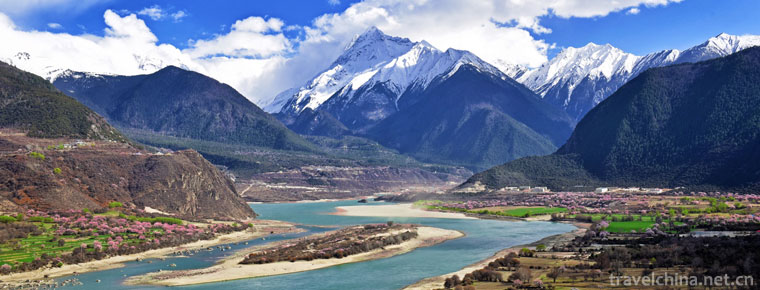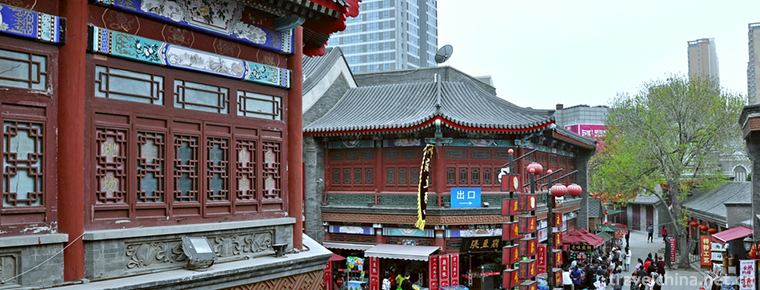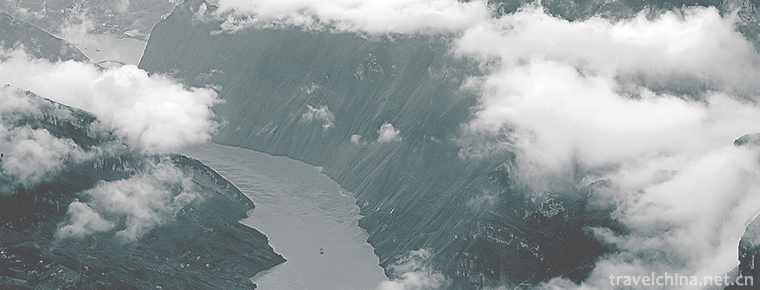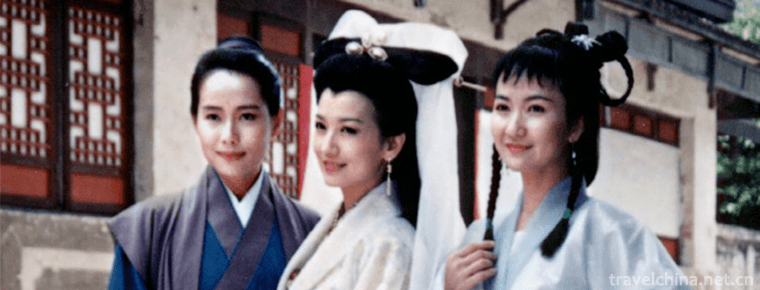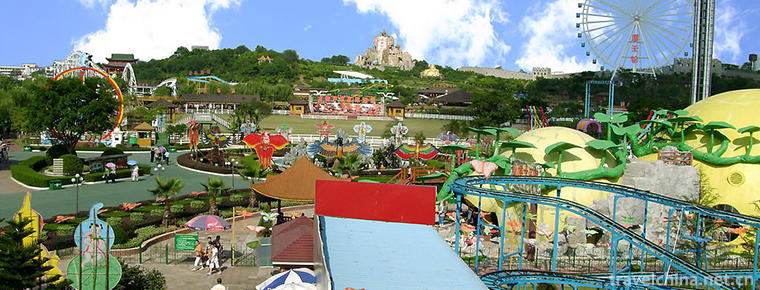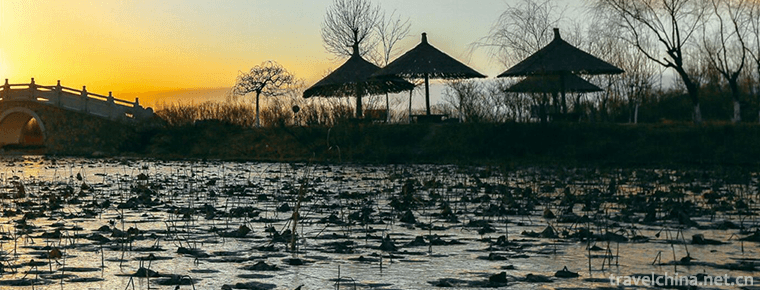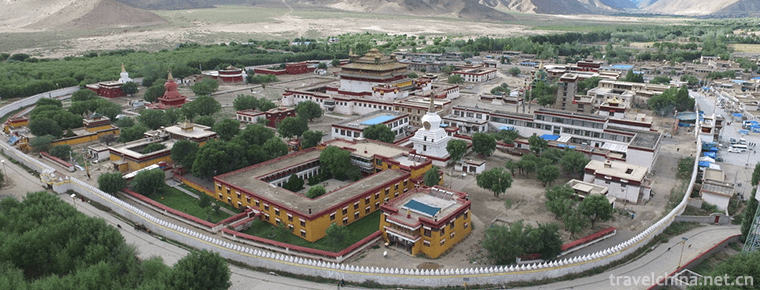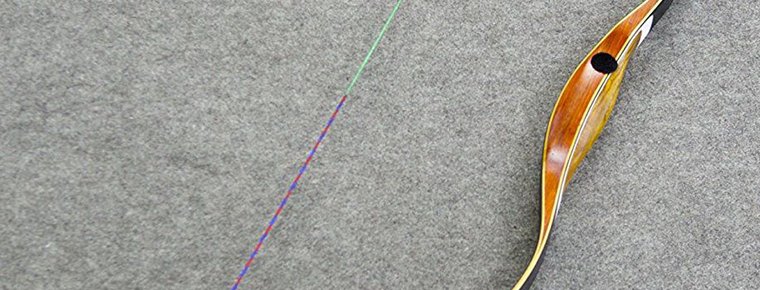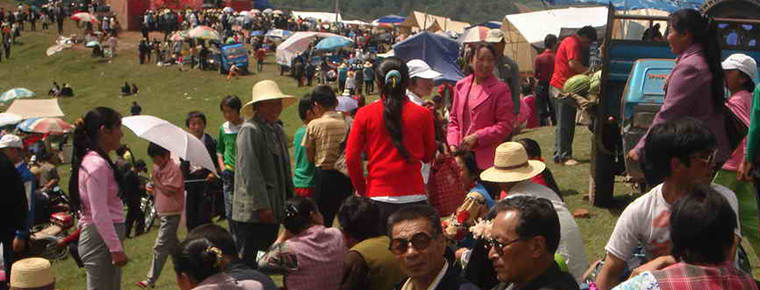Wudu Alpine Opera
Wudu Alpine Opera
Wudu Alpine Opera, also known as Alpine Opera, is one of the two unique local operas in Gansu Province. In 2008, Wudu Alpine Opera was selected as the second batch of national intangible cultural heritage list. The stage performances of "Alpine Opera" are generally divided into "stepping on the stage", "opening the curtain", "playing a small song" and "performing a story". Among them, "performing a story" is the formal content of "Alpine Opera", while other performances such as "Grand Villa", "Shang Temple" and "Walking Print" have obvious characteristics of praying for blessings, entertaining gods and entertaining themselves.
On June 7, 2008, the Wudu Alpine Opera declared by Longnan City of Gansu Province was listed in the second batch of national intangible cultural heritage list with the approval of the State Council. Heritage serial number: 735 IV-134.
historical origin
Alpine Opera originated in Yulong Town, Wudu District, Longnan City, Gansu Province. It mainly spreads in Yulong, Longxing, Jinchang, Longba, Hanwang, Ma Jie, Anhua, Foya, Ganquan, Jiaogong, Chengguan and other towns in Wudu District. It also spreads in Xihe, Lixian, Kangxian, Wenxian and Chengxian counties. Ichthyosaurus and other places belong to alpine and hilly areas, with deep mountains and gullies and inconvenient transportation. Potatoes, corn and wheat are the main agricultural products. Folk activities such as temple fairs, sacrifices and social fires have been prevalent here since ancient times. Alpine Opera is a kind of opera which is bred, evolved and developed from the folk sacrifices and traditional social fires here.
Before 1959, people in Yulong, Longxing and other places called it "storytelling", "going through the stage", "social fire drama" and so on.
In October 1959, it was named "Alpine Opera".
In 1965, it was published in Cihai Art Catalogue, Chinese Traditional Opera Culture and Dictionary of Chinese Traditional Opera Art. In 2008, it was recognized as a national intangible cultural heritage.
artistic characteristics
Stage setting
The stage performances of "Alpine Opera" are generally divided into "stepping on the stage", "opening the curtain", "playing a small song" and "performing a story". Among them, "performing a story" is the formal content of "Alpine Opera", while other performances such as "Grand Villa", "Shang Temple" and "Walking Print" have obvious characteristics of praying for blessings, entertaining gods and entertaining themselves.
Music for voices in a Chinese Opera
Alpine Opera is a kind of opera with opera brand. Its singing tone can be divided into two categories: Huanyin and Shangyin. Alpine operas such as "Huanyin" singing tones as "Gulu", "Ten Fans", "Jinzhuangyuan", "Zhuangyuan Huifu", "Entering Garden", "Menduer", "Taiping Year" and so on are lively, exquisite and beautiful, while "Shangyin" singing tones such as "Carmine Tears", "Rolling White Belt Crying Tune", "Wangge" are haunting and sad.
The language of Alpine Opera is a genuine Wudu dialect, lively and humorous. The Lyric format is relatively fixed, there are seven-character two-sentence couplets, five-character Four-Sentence quintessence, folk song style, rhyme poetry style and so on. A large number of linings and flexible forms of bangqiang constitute the unique singing style of Alpine Opera. The accompaniment instruments of Alpine opera are divided into martial music and literary music. There are big drums, big gongs and four tiles in martial music. The literary music includes "big tube", "earth pipa" and "erhu".
Performing characteristics
The performance of Alpine Opera has the characteristics of "Ba Dance" dancing, rocking, twisting and swinging steps in the social fire arena, but more actions are the reproduction and processing of life and labor by common people's actors. In recent decades, with the continuous participation of cultural artists, their performance level has been significantly improved. Alpine dramas are rich and colorful in content. Most of them have positive significance in promoting benevolence and morality and educating people.
Representational repertoire
Representatives of traditional plays include: Xianyang Bill Collection, Liu Four Bill, Lao Chang Shao, Baiyu Frost, Kangxi Master Bai, Er Jiniang Ugly, etc. Creating plays include "Open Lock", "Hu son-in-law", "Blocking Car", "Lao Xinhong", "Night Escape", "Special Party Fees" and so on.
Inheritance Significance
Alpine Opera has been circulating in Wudu and other places for hundreds of years, and is deeply loved by the people. It is the embodiment of the values and world outlook of the ancient working people, the witness of history and the spiritual food of the local people. The study of mountain opera culture will add new contents to the study of national folk culture and drama culture. Digging, rescuing and protecting Alpine operas can enrich people's cultural life, improve people's cultural quality, and promote the construction of a harmonious society and spiritual civilization.
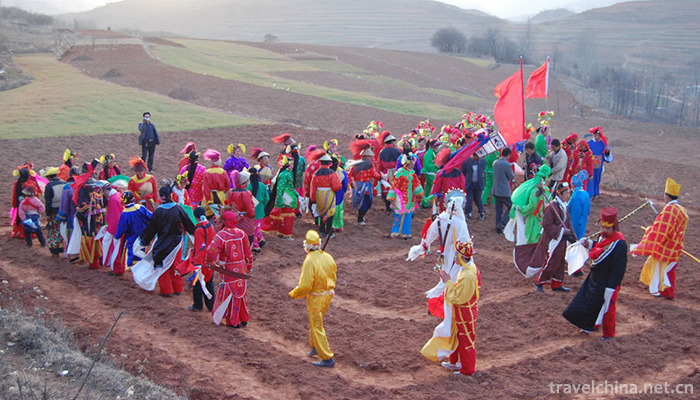
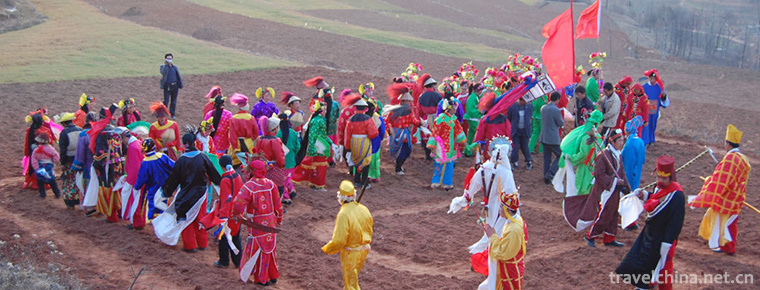
Wudu Alpine Opera
-
Yibin burning Noodles
The Yibin burning Noodles is one of the most distinctive traditional snacks in Yibin
Views: 427 Time 2018-10-12 -
Tianjin Ancient Culture Street Tourist Area Jinmen Hometown
Tianjin Ancient Culture Street is located outside the east gate of the northeast corner of Nankai District of Tianjin City and on the West Bank of Haihe River
Views: 267 Time 2018-11-24 -
Wushan small Three Gorges
The Little Three Gorges, or the Little Three Gorges Tourist Scenic Spot, was named "Forty Best Tourist Resorts in China" in 1991, "National AAAA Tourist Scenic Spot" in November 20
Views: 171 Time 2018-12-12 -
Legend of White Snake
Legend of White Snake, local traditional folk literature in Zhenjiang City, Jiangsu Province and Hangzhou City, Zhejiang Province, is one of the national intangible cultural heritage.
Views: 179 Time 2018-12-15 -
Hulu Mountain Villa Tourist Scenic Area
Huludao Mountain Resort is located on the Bohai coast in the northeast of Huludao City, Liaoning Province. The rich and colorful Huludao Mountain Resort is located in Huludao City
Views: 234 Time 2019-01-16 -
Mingcui Lake National Wetland Park
Yinchuan Mingcuihu National Wetland Park is located in Zhangzheng Town, Xingqing District, Yinchuan City, Ningxia. It is 9 kilometers away from Yinchuan City and 3 kilometers
Views: 184 Time 2019-02-07 -
angye Temple
Sangye Temple, also known as Cunxiang Temple and Wubian Temple, is located in Sangye Town, Zaburg County, Shannan District, Tibet Autonomous Region, under the Habu Mountains on the North Bank of the Y
Views: 194 Time 2019-02-07 -
Traditional archery
The traditional bow is an ancient invention consisting of three parts: wood, horn and tendon. The manufacturing process is complex and the materials used are various, and the workmanship and material
Views: 172 Time 2019-04-19 -
Flower Huaer
"Huaer" is a folk song created and shared by Han, Hui, Tibetan, Dongxiang, Baoan, Sarah, Tu, Yugu and Mongolian nationalities in Gansu, Qinghai and Ningxia provinces in Northwest China.
Views: 139 Time 2019-05-04 -
Junlian karst
Junlian karst scenic area. Located in Junlian County, Yibin City. The scenic area covers 130 square kilometers. The main scenic spots include karst peak cluster, box cave, Yuanyang cave, Xianren cave, Mujing hot spring, intermittent spring, etc.
Views: 153 Time 2020-10-16 -
Yibin science and technology
In 2019, there are 34 new high-tech enterprises, 13 provincial science and technology achievements transfer and transformation demonstration enterprises, 2 provincial science popularization bases and 6 Municipal Science Popularization base
Views: 330 Time 2020-12-18

